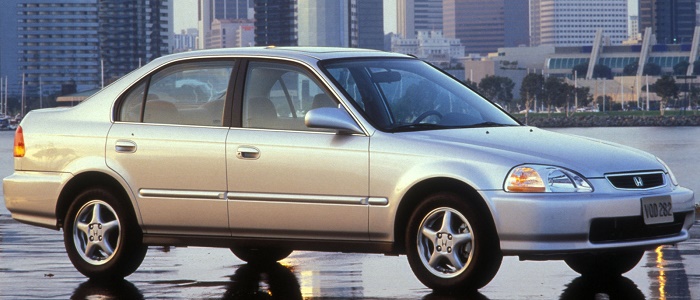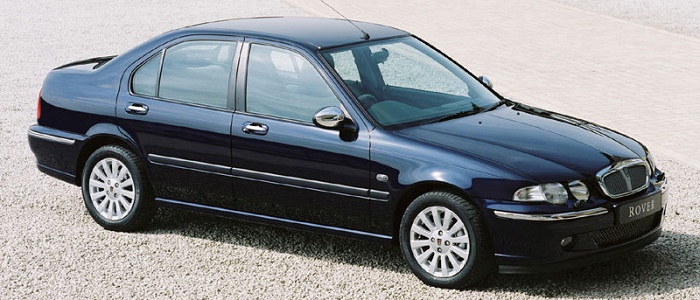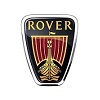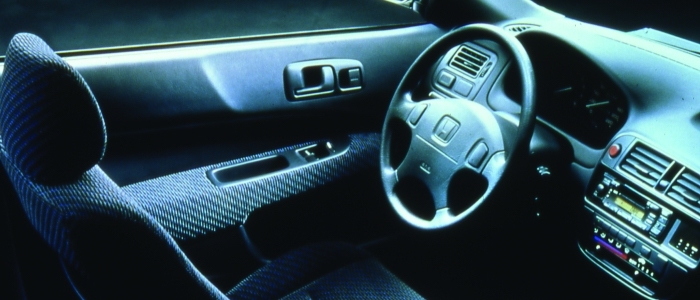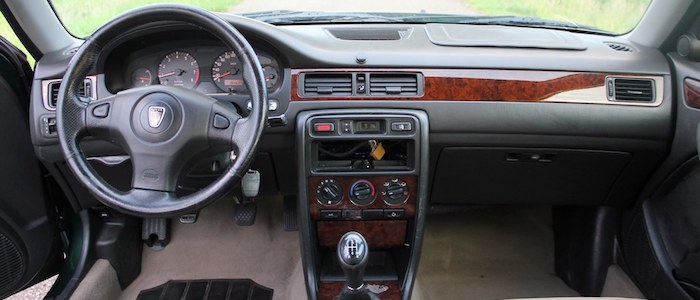Compare two cars
Compare any two cars and get our Virtual Adviser™ opinion
Marketing
Dimensons & Outlines
Engine
Performance (manual gearbox)
Performance (automatic gearbox)
Expenses
Virtual Adviser's™ opinion
Well, these are two pretty similar cars we have here! It's only details that could potentially make the difference. Considering they both belong to the small family car segment and utilize the same 4-door sedan body style and the front wheel drive system, it all comes up to the specific petrol engine choice they offer. The first one has a Honda-engineered powertrain under the hood, a 4-cylinder, 16-valves 114hp unit, while the other one gets its power and torque from a 4-cylinder, 16-valves 110hp engine designed by Rover.
SafetyThe fact that the Honda got tested by the European New Car Assessment Programme (Euro NCAP), while the other contender didn't, isn't really an advantage, taken the poor 3-star rating it received. That aside, let's consider some other aspects which affect safety. Both vehicles belong to the small family car segment, which is generally classifying them somewhere in the middle safety-wise, but that fact doesn't break the tie between the two cars. On the other hand, taking kerb weight as an important factor into account, the British car offers a considerable difference of 18% more metal.
ReliabilityReliability is not the best thing to consider on the make level, but it is worth mentioning that Honda does have a slight advantage, all the models observed together. These are the official statistics, while our visitors describe reliability of Honda with an average rating of 4.7, and models under the Rover badge with 4.5 out of 5. The same official information place Civic as average reliability-wise, and 45 is more or less at the same level.We should definitely mention that owners of cars with the same powertrain as the Japanese car rank it on average as 4.3, while the one under the competitor's bonnet gets 4.0 out of 5.
Performance & Fuel economyRover is a bit more agile, reaching 100km/h in 0.1 seconds less than its competitor. Still, it lacks the power to win the top speed competition, topping at 190 kilometers per hour, 2km/h less than the other car. When it comes to fuel economy things look pretty much the same for both cars, averaging around 6.8 liters of fuel per 100 kilometers (42 mpg), in combined cycle.
Verdict
Honda appears just a bit more reliable, although the difference is truly marginal. The most important thing when deciding between any two vehicles should always be safety, both passive and active. In this case though, it seems that both cars show similar levels of passenger protection all together, so that won't break a tie. But one thing that actually could is the performance, with Rover offering somewhat better performance, just enough to call it quicker. Fuel consumption is more or less the same. At the end, as much as I'd like to give you a winner here, it's simply a pure tie if you ask me. In any case that's my personal view, built upon all the data available to me. What should decide here though is the way you feel about the two vehicles, and I hope you'll find my guidelines useful in the process. I suggest you spend two more minutes in order to find out which car, based on your needs and budget, would be picked by the virtual adviser™, among more than 12.000 different ones in our database.






















